We have talked with Mahfud, member of the campaign team, to discover more about the current situation in Western Sahara and to know why they decided to launch the manifesto.
The Moroccan occupation of Western Sahara has continued for 45 years. How is it affecting the population?
First of all, I would like to thank you for giving us the space and the opportunity to shed light on our struggle and our resistance. As you know, one of the things we suffer from as Saharawis is the media blockade, we are being silenced in the media and one of our fights is also for this sad reality to change.
In regards to your question, indeed. The Moroccan occupation has lasted for the past 45 years and it is still there, after Spain withdrawal from Western Sahara in a very shameful way leaving the space for a brutal occupation like the Moroccan, a war started by then between the Moroccan occupation forces and the Frente Polisario, the legitimate representative of the Saharawi people.
What was the response of the international community?
16 years later, the UN intervened to mediate between the parties, and a ceasefire was reached in 1991 with the only condition that there will be a self determination referendum in which the Saharawi people can freely choose whether they want to be an independent state or the be part of Morocco.
Unfortunately up to this date, this referendum didn’t take place and Saharawis remain divided between in two part, one in the occupied territories and one in the refugee camps divided by a 2700km wall that contains more than 7 million landmines.
Are Morocco violating human rights in Western Sahara? Can you show us some examples?
The Moroccan occupation is forcing a siege in the occupied territories, committing a very serious human rights abuses, assassinating, torturing and putting in jail human rights activists and all those who dare to speak up about their rights.
These days, the occupied territories are living new episodes of violence and repression by the occupying forces. We have seen how the activist Sultana Khaya is being beaten and harassed by Moroccan police and she is living under house arrest for more than 100 days. Moroever, the political prisoner Mohamed Lamin Haddi is on hunger strike for 50 days now. No one knows what is happening to him inside a Moroccan prison in Sale, his mother travelled from el Aiun to visit him and she was denied to enter.
What is the situation of the Refugee Camps?
As you know, more than 176,000 (according to UNHCR) have been living in the refugee camps in south west Algeria for more that 45 years. Directly after the Moroccan annexation to Western Sahara, they came first to seek refugee and protection after Morocco bombed them with internationally banned weapons back in 1975.
Life in the camps depend on international aid, and it is affected by cuts of donors for this very long humanitarian crisis. There is a lack of basic needs like water, food, education materials, hospitals and medicaments in addition to the very difficult climate conditions. The difficulty of life in the camps is one of the reasons that led young people to claim desperately the return back to war after the international community failed to fulfil its obligations by ending the occupation.
Several Saharawi civil society organizations had launched ‘Western Sahara is not for Sale’, a manifesto to denounce the plundering of natural resources in Western Sahara. What is the current situation in the country?
We are aware that the main element that pushed the Moroccan occupation and before, the Spanish colonization, is the wealth and resources of Western Sahara. Western Sahara is a very rich territory in fish, phosphate, sand, agriculture and other natural resources and Morocco is taking profit of this resources in defiance of the international legality that, clearly, states that the resources of Western Sahara belong exclusively to the Saharawi people. Neither Morocco nor its partners or multinational companies have the right to exploit these resources without the consent of the Saharawi people.
As we all know, there are many companies that contribute to the plunder of this natural resources, and this is why more than 120 saharawi organizations, from the occupied territories, from the camps and the diaspora have gathered and launched the initiative “Western sahara Is not for Sale”.
What is the aim of this manifesto?
The objective is to speak up and denounce the illegal and dirty business that these companies are doing in Western Sahara, and we seize the opportunity to ask for help and support to this initiative by organizations by joining us and signing our manifesto. Besides, we ask media outlets to support us by spreading the word of the campaign.
How the plundering of natural resources is influencing Saharawi People?
It is clear that the plunder is contributing to normalize and cement the Moroccan occupation. Countries and companies who deal with Morocco in exploiting the Saharawi resources, despite the illegality of these operations, are pushing Morocco to more human rights violations and are not participating in the efforts to resolve the conflict. Saharawis are living between repression in the occupied part and refugee camps in difficult conditions while their wealth is being exploited by others.
What is the role of multinational companies in this systematic plundering by Morocco of the riches of Saharawi people?
There are more than 100 companies who are violating international law by their involvement in investments in occupied territories of Western Sahara, including of course European and Spanish companies. These companies should respect international law and human rights and immediately withdraw from Western Sahara, they are being parts of the crimes committed against the Saharawi people and in the extension of the conflict.
Why did you decide to launch the manifesto?
After 45 years of suffering of the Saharawi people and a brutal occupation and waiting for the international community to react and do justice in Western Sahara, we came to the conclusion that we need to intensify our struggle and to be creative in bringing new ways of resistances.
We want WSNS to be the Saharawi BDS, to bring more attention to the Saharawi question, to bring more solidarity and to end international investments in Western Sahara in order to isolate Morocco as an occupying power. We believe this way we can get our voices more heard and contribute to end the violations against our people.
Do you think that International community can do something more to put away this illegal occupation?
International community must do what is entitled to do, defend justice and human rights, not economic interest as most of the countries are unfortunately doing.
International community has been very passive in the issue of decolonization of Western Sahara and their silence have pushed Morocco to continue defying international law and not fulfilling its responsabilities. We hope this will change soon.

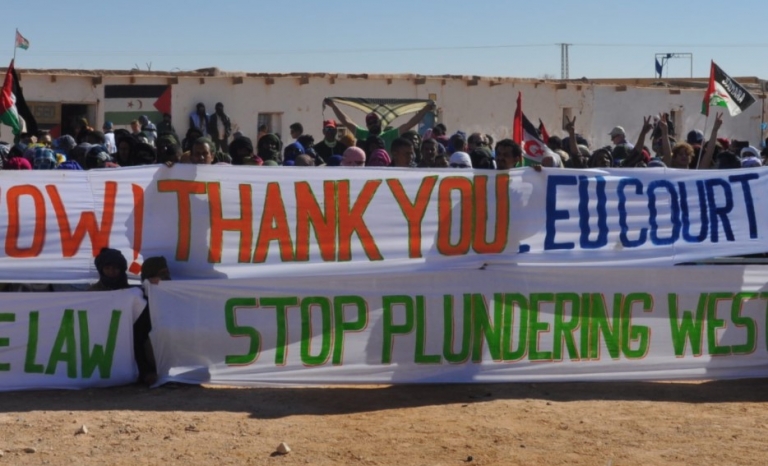
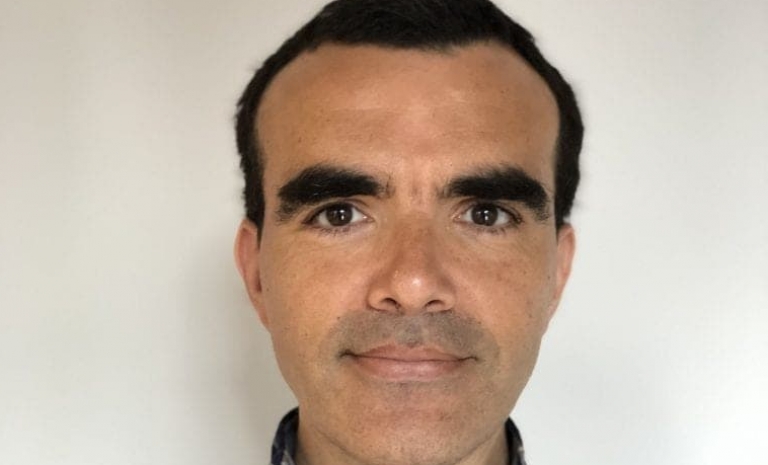
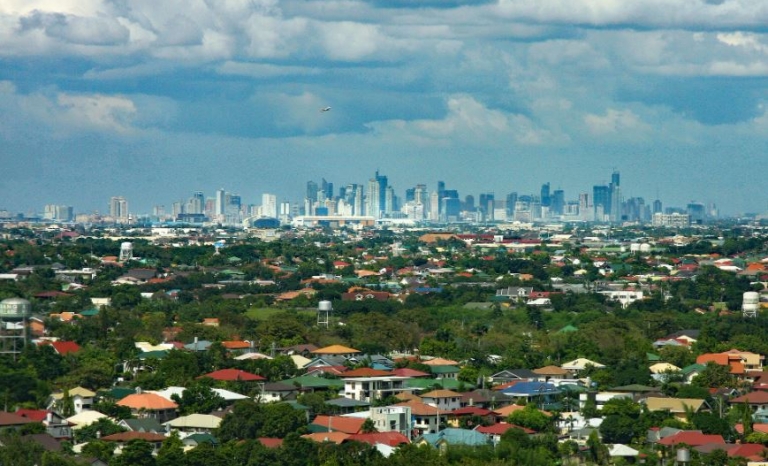
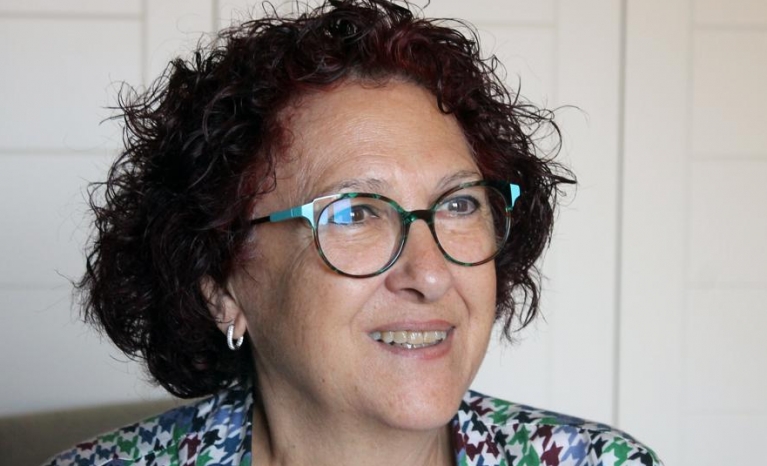
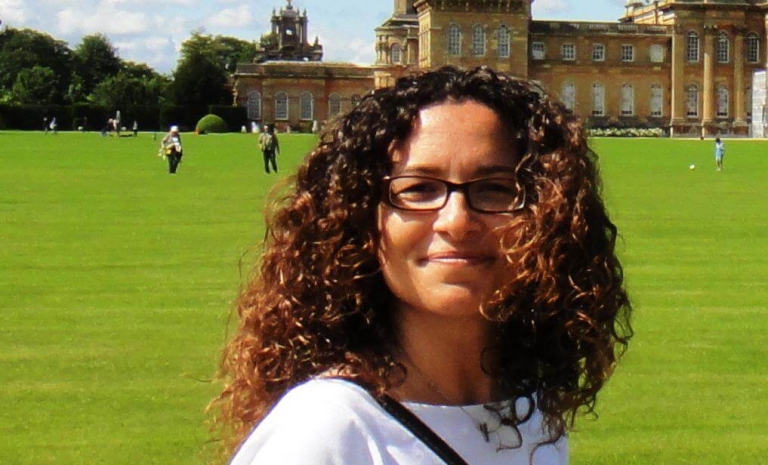



Add new comment